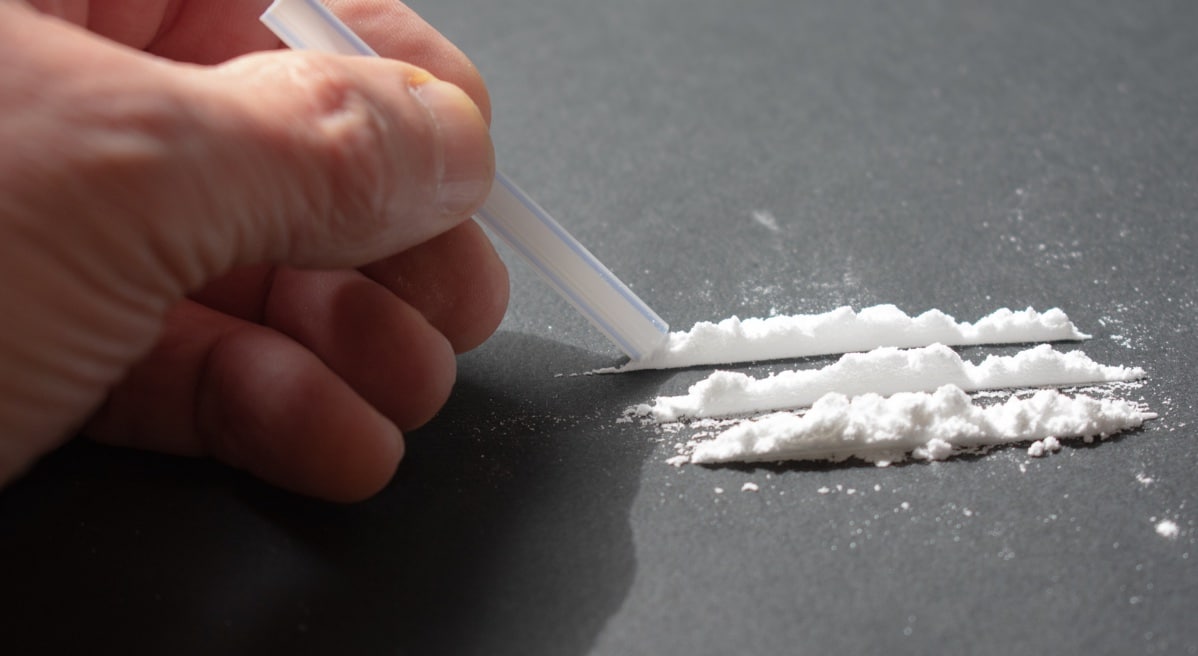Doctors warn that marijuana can cause an increased heart rate and elevated blood pressure, alter the heart muscle and blood vessels, and induce abnormal heart rhythms, which can be especially dangerous for individuals who already have heart conditions. The risk of heart attack is several times higher within an hour of smoking marijuana compared to not using it, according to research. There is also a link between marijuana use and tachycardia (rapid heart rate) as well as atrial fibrillation, the most common heart rhythm disorder.
How does cannabis affect the heart and blood vessels?
Even when marijuana is used in the form of tinctures or oils, it can still affect the cardiovascular system. The plant contains over 100 unique chemical components classified as cannabinoids. The two most prevalent ones are tetrahydrocannabinol, or THC (which gives people a sense of euphoria), and cannabidiol, or CBD. These compounds bind to specific receptors in the brain. However, cannabinoid receptors are found throughout the body, including in heart cells, fat cells, and platelets, which are blood cells involved in clot formation. Research shows that THC can induce inflammation of blood vessels and contribute to the development of atherosclerosis. Smoking marijuana has similar negative effects on the heart and lungs as smoking cigarettes. Often, a mixture of marijuana and tobacco is combined to create a joint, which is then smoked like a cigarette.
Researchers at Stanford University in California recently published a study (https://www.medscape.com/viewarticle/988902) indicating that individuals who use marijuana daily have a 34% higher likelihood of developing coronary artery disease, the most common form of heart disease, compared to those who have never used the drug.
Individuals who frequently consume cannabis have an increased risk of experiencing a heart attack before the age of 50 compared to non-users. A premature heart attack increases a person’s lifelong risk of subsequent heart attacks, heart failure, and arrhythmias that can lead to sudden death.
Consequences of long-term marijuana use on the heart and blood vessels:
Arterial inflammation: Long-term cannabis use can lead to inflammatory processes in the arteries, damaging the blood vessel walls and reducing blood flow to organs. The end result of this condition can be the blockage of blood flow to the fingers in the hands and feet, leading to tissue death.
Cannabis-induced vasoconstriction: Vasoconstriction occurs when the muscular wall of an artery contracts, causing narrowing of the artery and reducing the amount of blood that can flow through it.
Platelet aggregation (platelet dysfunction): Platelets can clump together and form clots, which can block blood vessels and reduce blood flow.
-Interaction with heart failure medications: Marijuana can interact with the enzymes produced by the liver that help process medications for heart failure. This means that the drugs may break down too quickly before they have taken effect, or conversely, they may stay in the body for a longer duration. Heart failure medications that can be affected by marijuana include beta-blockers for lowering heart rate and blood pressure, statins for reducing cholesterol levels, and nitrates for alleviating chronic chest pain.
All these cardiovascular disorders caused by marijuana use can pose an increased risk of heart attack and stroke.
Marijuana affects mental health and the heart in young individuals
Teenagers are exposed to so-called “light psychoactive” substances, including marijuana, even in elementary school. However, there are no “safe” drugs, as all drugs are dangerous, including marijuana, as they can lead to serious and lasting disruptions to mental and physical health. Marijuana can develop addiction and have long-term effects on health.
Short-term effects of marijuana use include:
- Problems with memory and learning
- Altered perception (of time, space, sound, touch)
- Impaired thinking and problem-solving
- Poor coordination
- Increased heart rate
Research shows that an increasing number of individuals under the age of 50 who use marijuana may later experience a heart attack. A recent study (https://www.heart.org/en/news/2021/11/08/cannabis-use-disorder-may-be-linked-to-growing-number-of-heart-attacks-in-younger-adults) has demonstrated this correlation.
Marijuana and teenagers
The use of marijuana during adolescence and young adulthood can be detrimental to the developing brain. The negative effects of marijuana use in teenagers include:
- Impaired thinking and problem-solving abilities
- Difficulties with memory and learning
- Decreased coordination of movement
- Challenges in maintaining attention
- Problems with socialization




